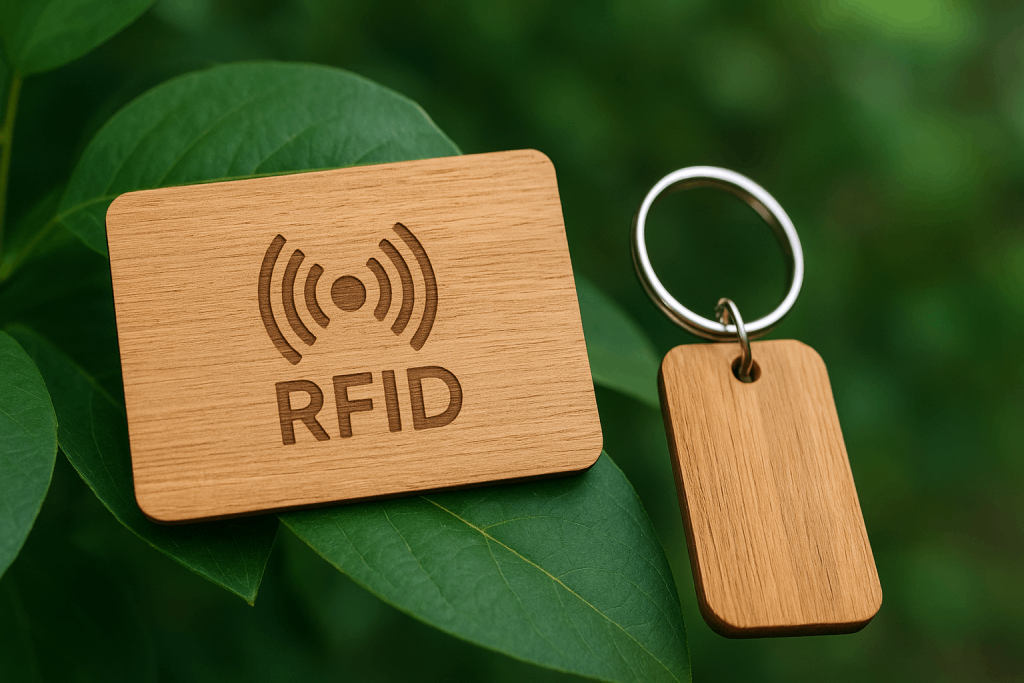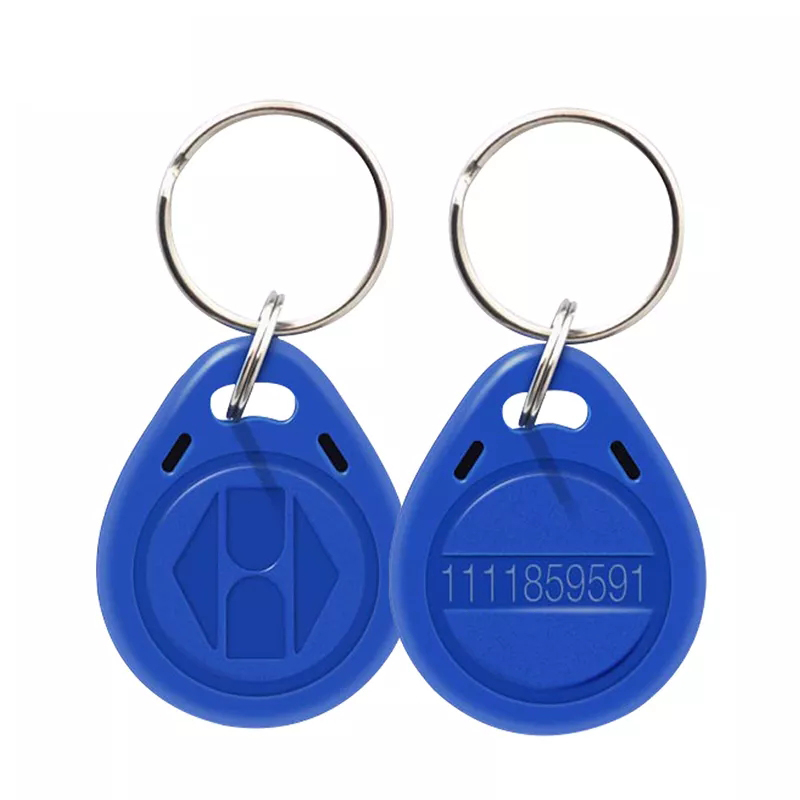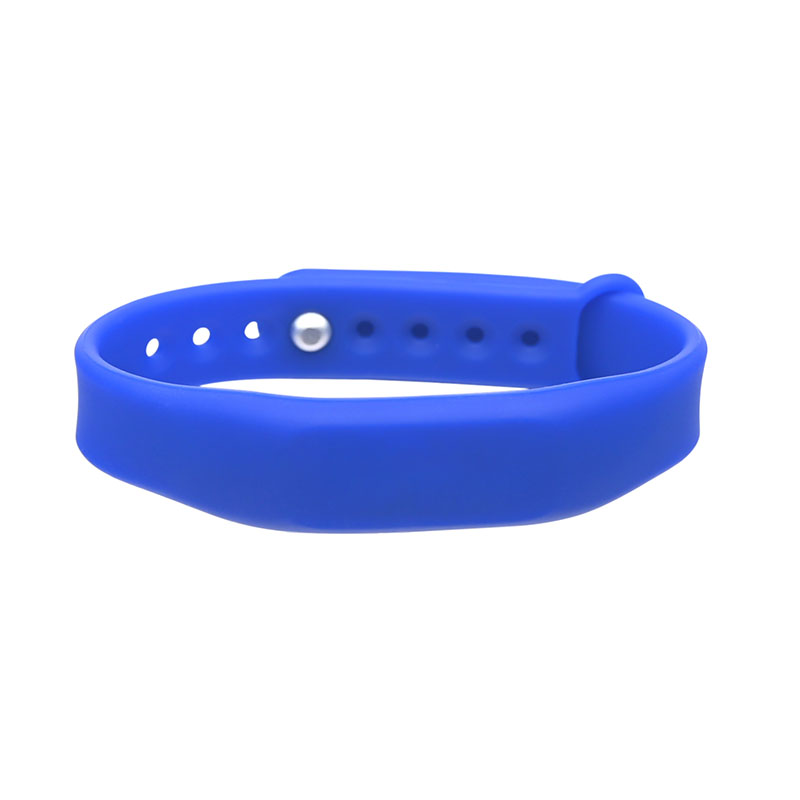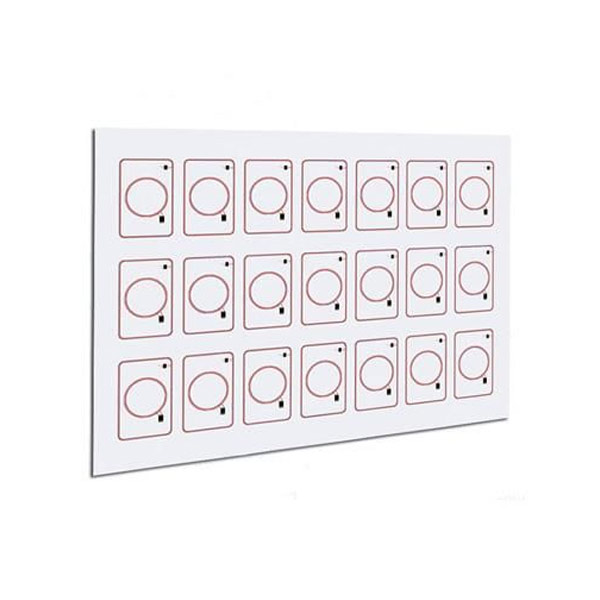
In today’s world, businesses are under increasing pressure to adopt sustainable practices that minimize their environmental impact. One often-overlooked area for improvement is the use of RFID key cards. Traditionally, these cards have been made from PVC plastic—a material that, despite its durability, presents significant environmental challenges. However, switching to wooden RFID key cards offers a powerful solution for reducing your company’s environmental footprint. In this article, we’ll explore how wooden key cards can help your business contribute to a greener future.
Plastic RFID key cards, typically made from PVC (Polyvinyl Chloride), are a common sight in hotels, offices, and secure facilities. While PVC is durable and resistant to wear, it comes with serious environmental drawbacks. First and foremost, PVC is non-biodegradable, meaning that once discarded, it remains in landfills for centuries. According to the United Nations, over 8 million metric tons of plastic waste are dumped into the ocean each year, with single-use plastic products like RFID cards contributing significantly to this growing crisis.
The production of PVC is also an energy-intensive process. Extracting and refining the raw materials, such as oil and gas, required for PVC manufacturing releases harmful greenhouse gases into the atmosphere. While PVC is technically recyclable, the reality is that only a small percentage of PVC products are actually recycled. Most end up in landfills or are incinerated, further contributing to pollution.
As businesses face increasing pressure to reduce their carbon footprints and adopt more sustainable practices, making the switch from plastic to wood offers a highly effective way to address these concerns.
Wooden RFID key cards are an environmentally friendly alternative to traditional plastic cards. By opting for wood instead of PVC, businesses can significantly reduce their environmental impact. Let’s dive into the key benefits of using wooden RFID cards:
Reduction in Plastic Waste
The most immediate benefit of using wooden RFID key cards is the significant reduction in plastic waste. By switching from plastic to wood, companies can help decrease the demand for plastic production and ultimately reduce the amount of plastic waste generated. In addition to helping to reduce waste in landfills, wooden cards can be composted at the end of their life cycle, unlike plastic, which takes hundreds of years to decompose.
Biodegradability and Compostability
Wood is a natural, biodegradable material, meaning that wooden RFID cards will decompose more quickly and safely than their plastic counterparts. When discarded, wooden cards will break down into organic matter, returning to the earth in a way that poses no long-term environmental risk. This makes wooden RFID cards a much more eco-friendly option for businesses looking to reduce their impact on the environment.
Sustainably Sourced Materials
Most wooden RFID cards are made from bamboo or FSC (Forest Stewardship Council)-certified wood, ensuring that the raw materials are responsibly sourced. The FSC certification guarantees that the wood comes from forests that are managed sustainably, preserving ecosystems and promoting biodiversity. Bamboo, in particular, is an incredibly fast-growing plant, making it a highly renewable resource. Using these materials ensures that your business supports sustainable forestry practices, which helps reduce deforestation and habitat loss.
Lower Carbon Footprint
The production of wooden RFID cards generally has a lower carbon footprint than the production of plastic cards. The process of harvesting, processing, and manufacturing wood typically requires less energy than plastic production, which relies heavily on fossil fuels. As a result, wooden RFID cards contribute less to global warming and climate change compared to their PVC counterparts.
Aesthetic Appeal and Durability
Beyond the environmental benefits, wooden RFID key cards also offer a premium look and feel. Wood is naturally beautiful, with unique textures and grains that make each card distinctive. This aesthetic appeal can enhance your brand image, giving your company a more upscale and eco-conscious reputation. Additionally, wooden cards are durable and resistant to wear, ensuring they last longer than plastic cards in high-traffic environments.
The Production Process of Wooden RFID key cards
The production process for wooden RFID key cards is similar to that of plastic cards, but with the added benefit of being more environmentally friendly. The wood is sourced from responsibly managed forests, and once harvested, it is processed into thin sheets or planks suitable for cutting into key card shapes. The RFID chip is then embedded into the wood, allowing the card to function just like a traditional plastic RFID card.
One of the advantages of wooden RFID cards is their customization potential. Businesses can laser engrave logos or designs directly onto the wood, creating a unique and personalized product. This not only enhances the visual appeal of the card but also reinforces the company’s commitment to sustainability.
For businesses interested in reducing their environmental impact, switching to wooden RFID key cards is relatively simple. Many suppliers, including companies like CardCube, offer customizable wooden RFID cards that can be tailored to meet the specific needs of any business. You can request samples to evaluate the quality and durability of the cards before placing a bulk order.
In addition to environmental benefits, wooden RFID key cards offer businesses the opportunity to enhance their brand image. Through customized engravings or branding options, companies can create a unique, eco-friendly product that aligns with their sustainability goals and appeals to environmentally conscious customers.
Conclusion: A Greener Future with Wooden RFID key cards
As the world increasingly demands more sustainable business practices, companies must look for solutions that minimize their environmental footprint. By switching to wooden RFID key cards, businesses can make a tangible difference in reducing plastic waste, lowering carbon emissions, and supporting responsible forestry practices. Wooden cards provide a practical and stylish solution that allows companies to reduce their environmental impact while still offering the functionality and durability that RFID cards are known for.
Ultimately, the decision to adopt wooden RFID key cards represents a step toward a greener future—a future where businesses play an active role in protecting the planet. By making this simple yet impactful switch, your business can contribute to the global effort to combat climate change and reduce plastic pollution.





